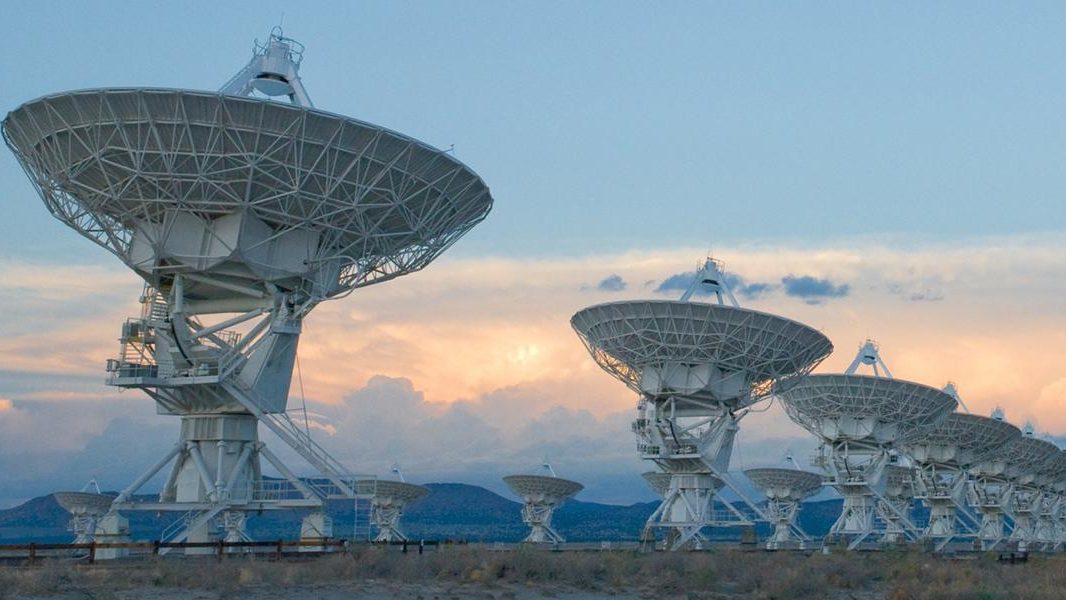All NECC content should be shareable
There is a lively conversation occurring on the NECC 2008 Ning regarding fair use of NECC sessions. My reply to the original post is below. As you can see, I’m afraid we’ve lost sight of the bigger picture…
ALL CONFERENCE PRESENTATIONS SHOULD BE SHAREABLE
I would like to see ISTE take a different stance on this. I thought ISTE was in the business of trying to make change in education, specifically around the utilization of technology in K-12 schools. How are we going to make that happen if we allow folks at the ISTE-sponsored conference to lock down content? How are we going to help facilitate true, meaningful technology-related reform if we aren’t making important resources like NECC presentations available to the teaching public at large?
Instead of ISTE saying:
“Written permission from the session or workshop presenter is required prior to capturing a video or audio recording.”
ISTE should be saying at the time of proposal submission (and when inviting keynote speakers):
“Any presentation given at NECC falls under a Creative Commons and/or other open use license. We encourage you to share this content with educators to enhance their knowledge and facilitate change in K-12 school organizations. Here is a publicly-editable wiki for web addresses of public repositories (such as ISTE recordings, Technorati tags, uStream archives, etc.) that may be useful to you.”
All presenters – even the expensive ones – should fall under this rule. If they don’t like it, they don’t present.
If necessary, ISTE could help speakers understand that their own visibility, reputation, and potential income are enhanced, not hurt, by this policy. Think about the recordings of Clay Shirky, Seth Godin, and others that are out on the Web. Think about all of the TED videos. Are those individuals losing income because their presentations are available on the Web? Absolutely not. Instead, they are gaining bigger audiences and more customers precisely because they’re more visible than they would be otherwise.
Charles Leadbeater says in his ‘We Think’ video that we now are what we share. He’s absolutely right.
Given its larger mission, ISTE should be thinking more outside the box on this one.
To sum up: Instead of requiring participants to get permission to record, ISTE should be requiring presenters to give up their copyright for the good of the larger cause.
Do you think I’m right or completely off-base? Head on over to the Ning discussion and participate in the conversation!




